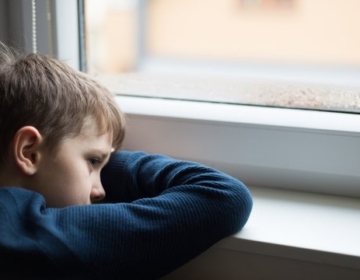What is Elder Abuse?
Elder abuse is any act of violence or abuse toward an older person, often by someone they know and trust. This can include children, partners, grandchildren, other family members, friends, carers, or neighbours.
Any older person from any background, religion, or community can be a victim of elder abuse. It can sometimes be a pattern of family violence that continues as the person ages.
Elder abuse is a crime in Australia. If you or someone you know is experiencing elder abuse, it is important to get help.
Forms of Elder Abuse
Elder abuse is a form of domestic and family violence and can take many forms:
- Psychological Abuse: This involves insults, humiliation, or isolating the older person from social activities and contact with others. It can make the older person feel worthless and alone.
- Financial Abuse: This happens when someone takes control of the older person’s money or property without their permission. It can include stealing money, forcing them to change their will, or preventing them from accessing their own funds.
- Physical Abuse: This includes any form of physical harm such as hitting, slapping, pushing, or using physical restraints to control the older person.
- Sexual Abuse: This is any sexual act or behaviour that happens without the older person’s consent. It is a serious violation of their rights and dignity.
- Social Abuse: This involves preventing the older person from having contact with family, friends, or other support networks. It can lead to isolation and loneliness.
- Neglect: This occurs when the older person does not receive the care they need. It can involve not providing food, medication, or assistance with daily activities, leading to harm or suffering.
Recognising Elder Abuse
Elder abuse is often hidden, and feelings of guilt or shame may prevent the older person from reporting it. Here are some signs to watch for:
- Unexplained injuries or frequent visits to the emergency room
- Sudden changes in financial situations
- Withdrawal from normal activities or social interactions
- Poor hygiene or unaddressed medical needs
- Changes in behaviour, such as fearfulness or depression
Getting Help
If you or someone you know is experiencing elder abuse, there are resources and services available to provide support and assistance.
Senior Rights Victoria: Offers resources and support for elder abuse in various languages.
1800 ELDERHelp: Call 1800 353 374 for confidential advice and support.
Australian Red Cross: Provides information and assistance on elder abuse.
Local Community Services: Many local organisations offer support and resources for elder abuse.

